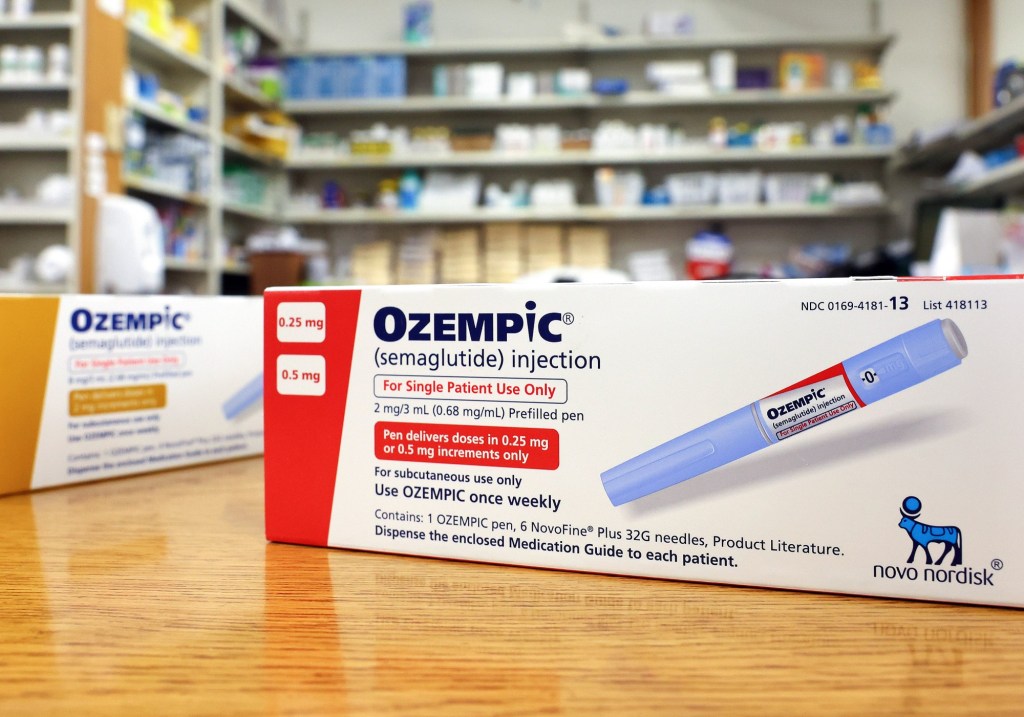Madison Muller | Bloomberg News (TNS)
A surprising thing is happening to some women on weight-loss drugs who’ve struggled with fertility issues: They’re getting pregnant. That’s leading to questions about the safety of medications from Novo Nordisk A/S and Eli Lilly & Co. during pregnancy.
“I thought I couldn’t have any more kids,” said Torria Leggett, 40, who had been trying for another after her first child was born in 2018. In 2022, the social worker from Whiteville, North Carolina, began taking Novo’s Ozempic to treat obesity, then switched to Lilly’s Mounjaro. As the pounds melted off, there was soon another reason to celebrate. She was expecting.
“The weight loss, that’s likely what jump-started it,” she said. “I couldn’t believe it.”
Stories like these are encouraging doctors to use GLP-1 drugs to treat polycystic ovary syndrome, one of the leading causes of infertility in U.S. women. Yet they’re doing so without much data on the drugs’ impact on pregnancy.
“The ‘oops’ babies on Ozempic and Wegovy are happening all over the place,” said Melanie Cree, director of the PCOS clinic at Children’s Hospital Colorado in Aurora. “It’s very exciting, but it’s a bit scary because we’re moving forward without all the data.”
The need for treatments is severe. Despite its prevalence, no drugs are approved for PCOS, and experts are divided on whether commonly recommended diet programs work. Some doctors and patients are willing to try almost anything, and the successes are tantalizing.
GLP-1 drugs have been marketed for nearly 20 years to treat diabetes, and their use in obesity is fueling a new market that’s expected to hit $100 billion in 2030. The problem is, companies haven’t systematically studied GLP-1’s use in PCOS – and don’t plan to anytime soon. In the absence of data, researchers are doing studies of their own to figure out if the drugs work for PCOS, and U.S. regulators have asked the companies to…
Read the full article here







